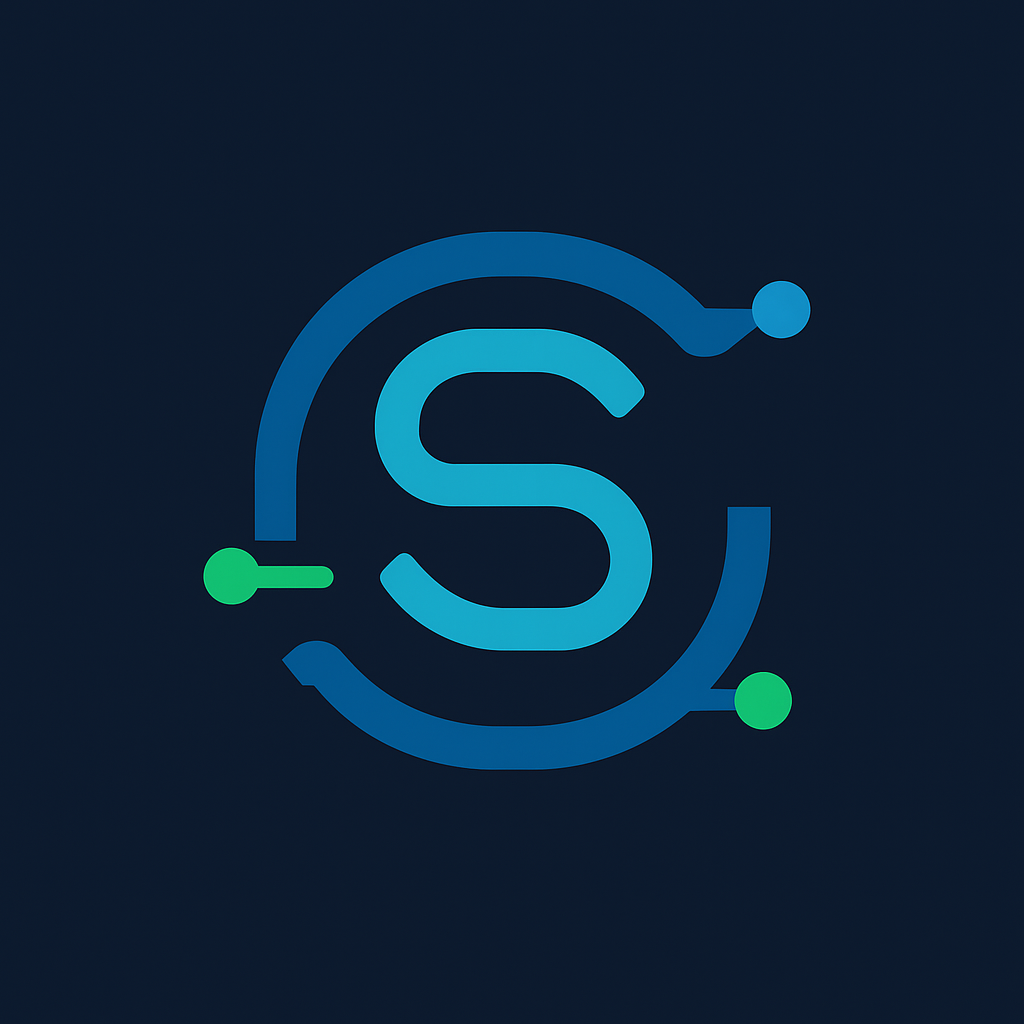From TALL stack to Astro: how to choose the right stack for a SaaS
Those involved in software development as a service (SaaS) know that choosing the technology stack is one of the most important decisions.
From the backend to the frontend, including the design system, every component influences time-to-market, performance, costs, and scalability.
In recent years, two approaches have garnered significant attention:
- the TALL stack (Tailwind CSS, Alpine.js, Laravel, Livewire), robust and productive for full-stack applications;
- Astro, a modern framework focused on fast web development, with excellent performance for frontends and multilingual sites.
In this article, we will analyze the differences, strengths, limitations, and selection criteria to understand when it is beneficial to use TALL and when to use Astro in SaaS development.
It seems that you haven’t provided the text you want to be translated. Please share the text, and I’ll be happy to assist you with the translation.
The TALL stack: full-stack productivity
The TALL stack arises from the natural integration between Laravel and tools that prioritize simplicity and responsiveness.
Strengths
- Laravel: solid backend, ORM (Eloquent), migrations, and built-in security.
- Livewire: allows writing dynamic components without complex JavaScript.
- Tailwind CSS: utility-first design system, quick to implement.
- Alpine.js: lightweight JavaScript for fast interactions.
Why it is Suitable for SaaS
- Perfect for CRUD applications and management dashboards.
- Native support for multi-tenant authentication.
- Extensive ecosystem of packages (billing, notifications, queues).
- Great foundation for mobile-first applications thanks to Livewire and APIs.
Limitations
- Less impressive performance for high-traffic public sites.
- More complex SEO for client-side generated dynamic content.
- Greater dependency on the PHP backend.
It seems that the text you intended to provide for translation is missing. Please provide the text you would like me to translate, and I’ll be happy to assist you!
Astro: modern frontend and SEO-first
Astro is a next-generation framework designed to create super fast sites and frontends, optimized for SEO and UX.
Strengths
- Hybrid rendering: static + server-side + islands architecture.
- Flexible integration: supports React, Vue, Svelte, Solid.
- Excellent performance: reduced bundles, minimal JS loading.
- SEO and multilingual: native support for canonical, hreflang, and i18n.
Why it is Suitable for SaaS
- Ideal for landing pages and marketing sites with high SEO visibility.
- Perfect for blogs, documentation, and knowledge base portals.
- A great starting point for a modern frontend that connects to a backend API (Laravel, Node, Strapi, etc.).
Limitations
- Does not natively handle complex business logic.
- Requires an external backend for advanced functions (billing, authentication).
- Relatively new stack: less mature community compared to Laravel.
It seems that the text you intended to provide for translation is missing. Please provide the text you would like me to translate to English, and I’ll be happy to assist you!
Selection Criteria
1. Type of SaaS
- Management, CRM, ERP in the cloud → better TALL stack.
- Consumer platforms, multilingual, SEO-driven → better Astro.
2. Team and Skills
- Team with PHP background → TALL is natural.
- Team oriented towards modern frontends → Astro accelerates.
3. Time-to-market
- TALL offers rapid scaffolding for common functions (auth, DB, API).
- Astro is faster for the marketing and presentation aspects.
4. Accessibility
- Both can achieve WCAG 2.1 AA with good practices.
- Astro has an advantage in terms of performance and accessible SEO.
5. Scalability
- TALL handles complex logic and multiple tenants well.
- Astro scales easily as a frontend distributed on CDN (e.g. Netlify, Vercel).
It seems that there is no text provided for translation. Please provide the text you would like to have translated to English, and I’ll be happy to assist you!
Practical Example: a Time Tracking SaaS
Let’s imagine we need to develop a time tracking SaaS for companies:
With TALL stack:
- Laravel backend for users, roles, billing.
- Livewire for dashboards and real-time charts.
- Tailwind for a consistent UI.
- Perfect for complex logic and multi-tenant.
With Astro + API Laravel:
- Astro for landing pages, onboarding, documentation.
- API Laravel as a separate backend.
- Excellent SEO and performance to attract customers.
- Requires more coordination between frontend and backend.
It seems that the text you wanted to translate is missing. Please provide the text you’d like me to translate, and I’ll be happy to assist you!
Best practice for those who need to choose
- Evaluate the objectives: does it require SEO or complex internal logic?
- Consider maintenance: which stack can the team maintain better over time?
- Don’t exclude hybrid: using TALL for the app and Astro for the public site might be the best solution.
- Plan for multilingual: both handle i18n, but Astro has more immediate tools for SEO.
- Focus on accessibility and performance: not just functionality, but UX and compliance.
It seems that you haven’t provided the text you want to be translated. Please share the text, and I’ll be happy to help with the translation!
Conclusion
There is no perfect stack for everyone.
The TALL stack is the ideal choice for SaaS that require complex logic, multi-tenant capabilities, and robust internal features.
Astro, on the other hand, is unbeatable for SEO, performance, and consumer sites with a strong marketing component.
The best solution is often to combine the two approaches: a Laravel/TALL backend for the logic, an Astro frontend for the public part. This way, you achieve both technical robustness and commercial visibility.
It seems that the text you want to translate is missing. Please provide the text you would like translated, and I’ll be happy to assist you!
➡️ Do you want to understand what the best stack is for your SaaS? Contact me for a tailored consultation.


